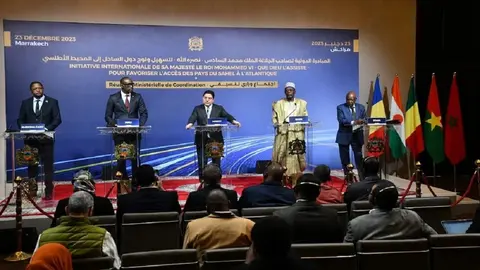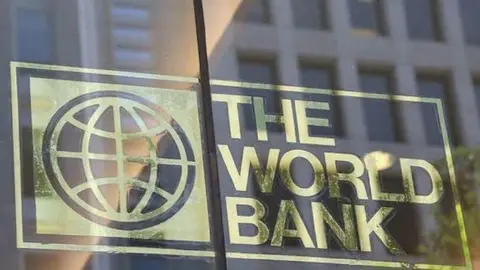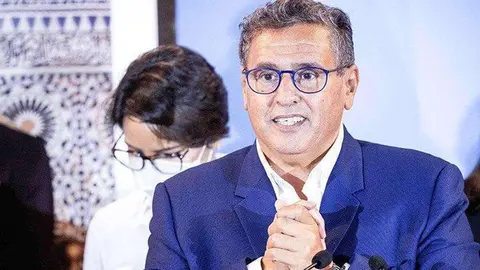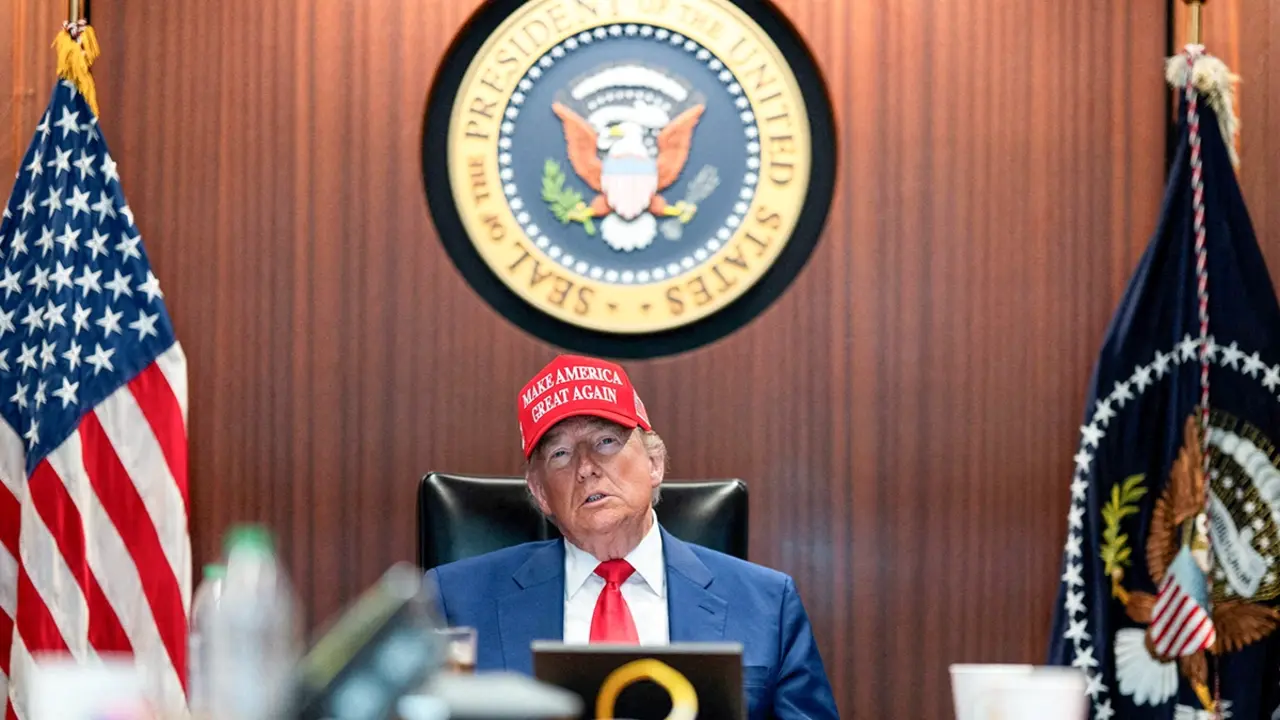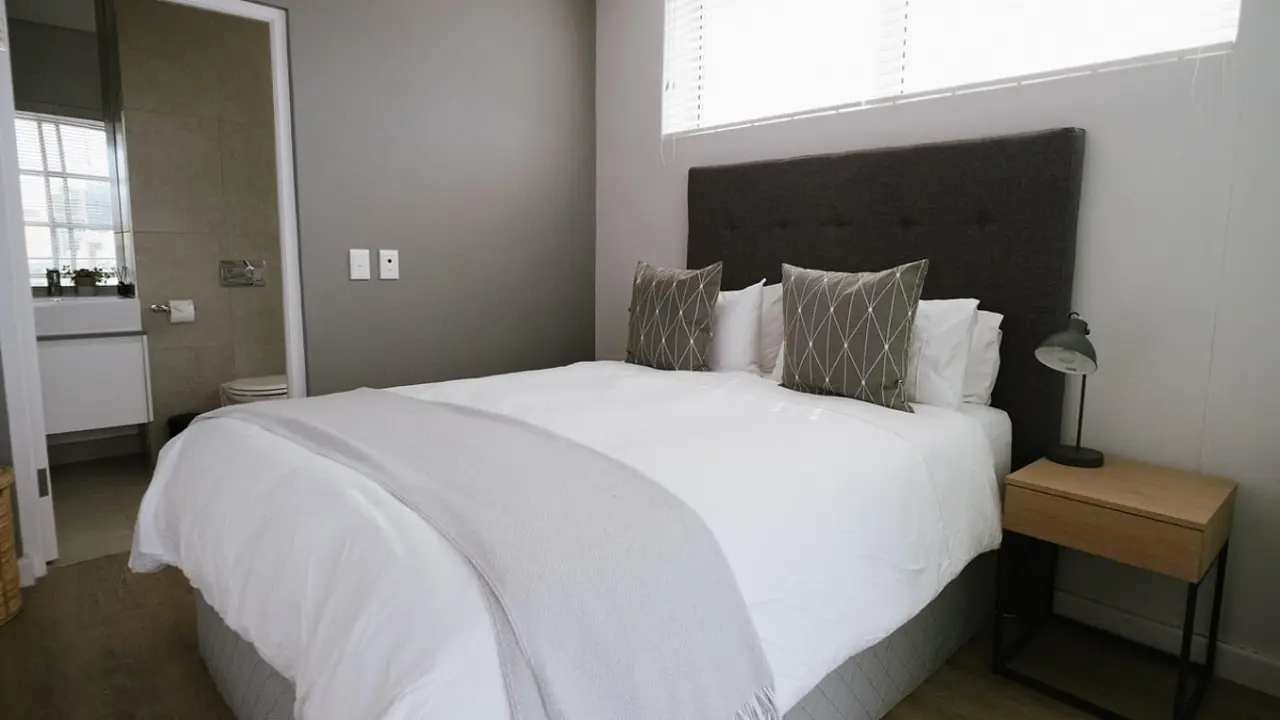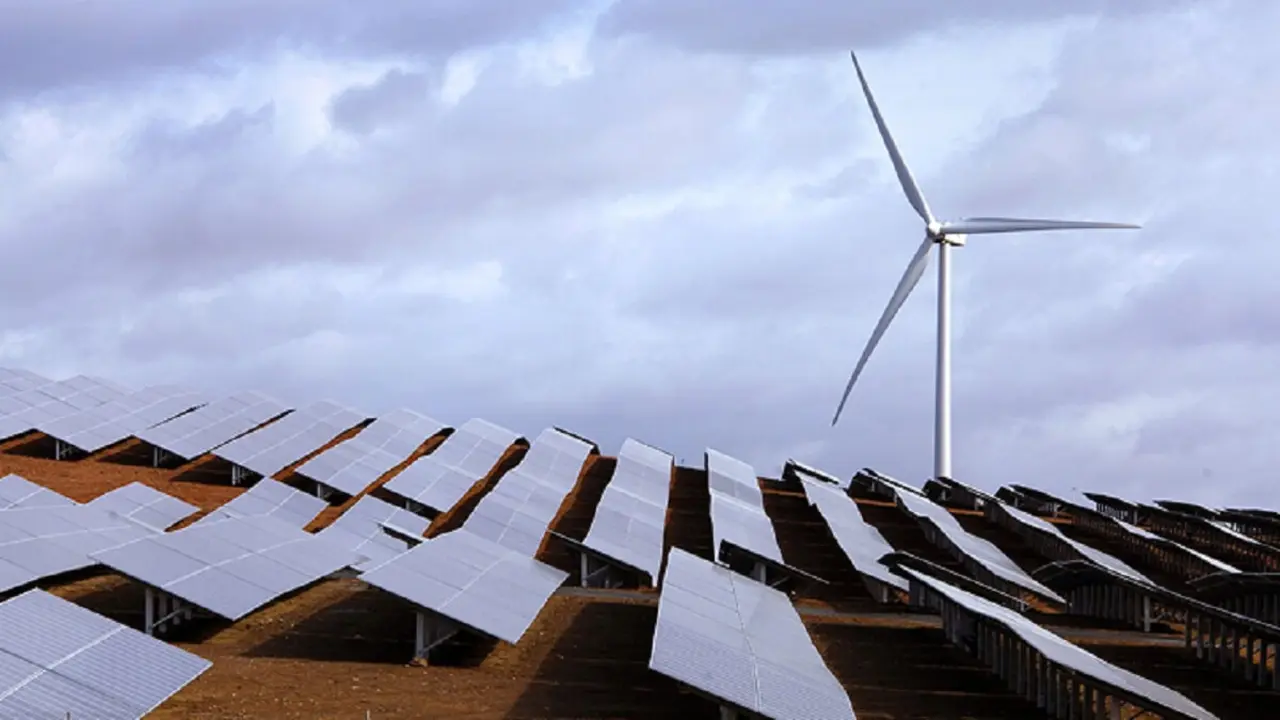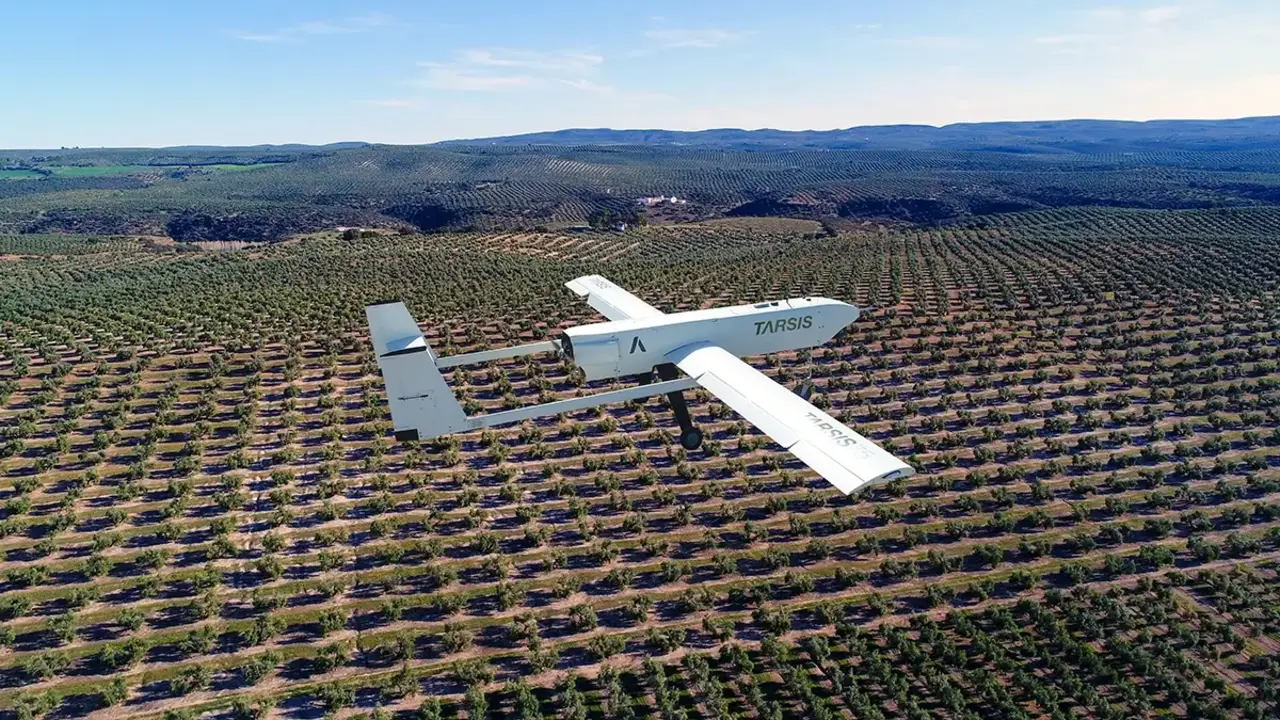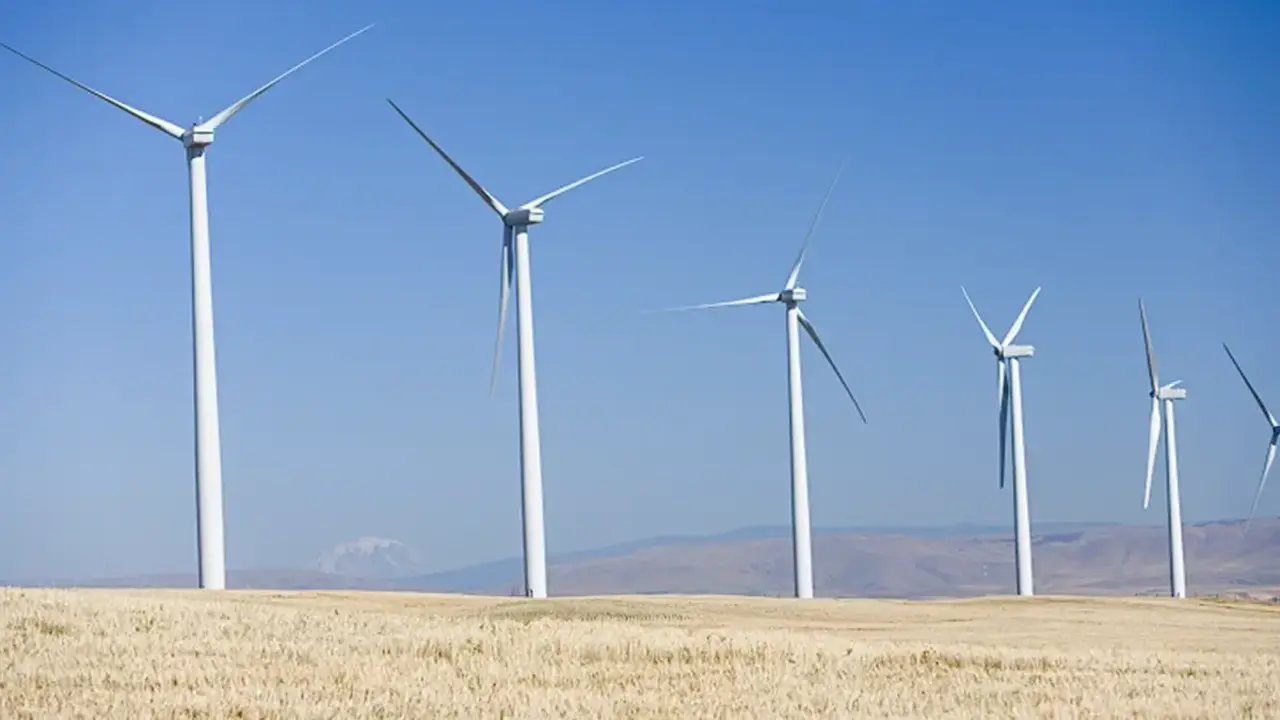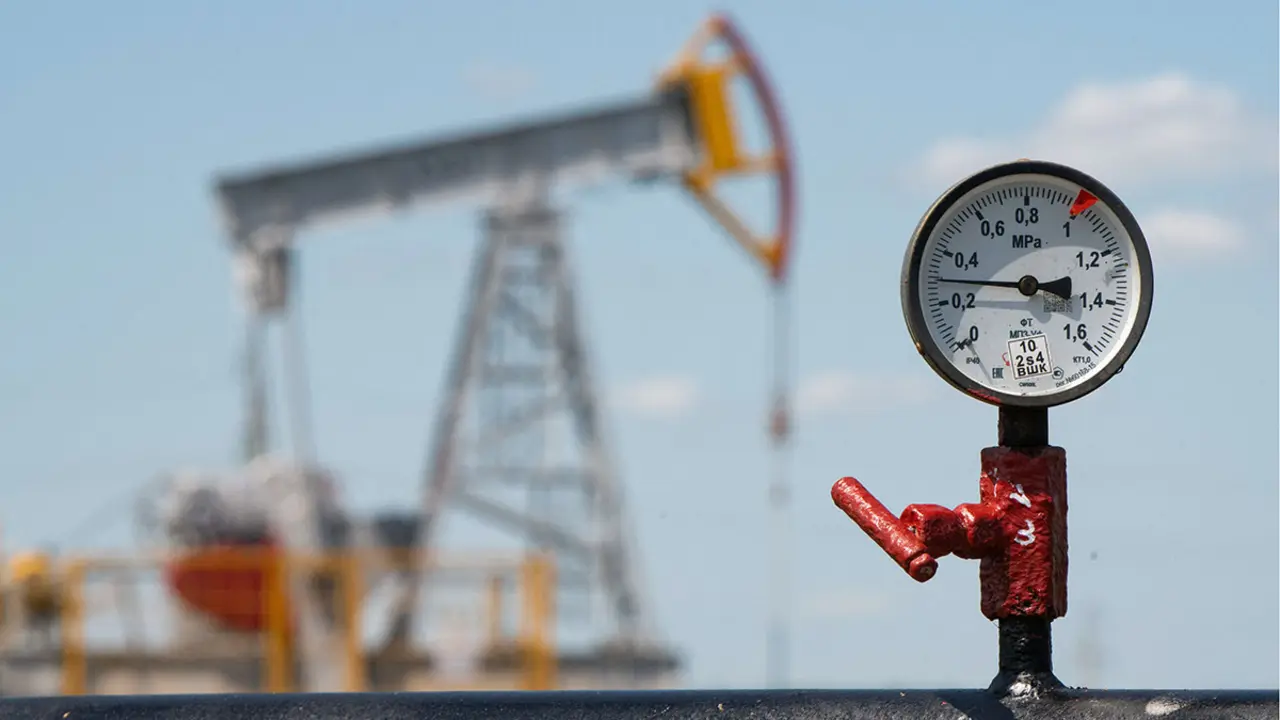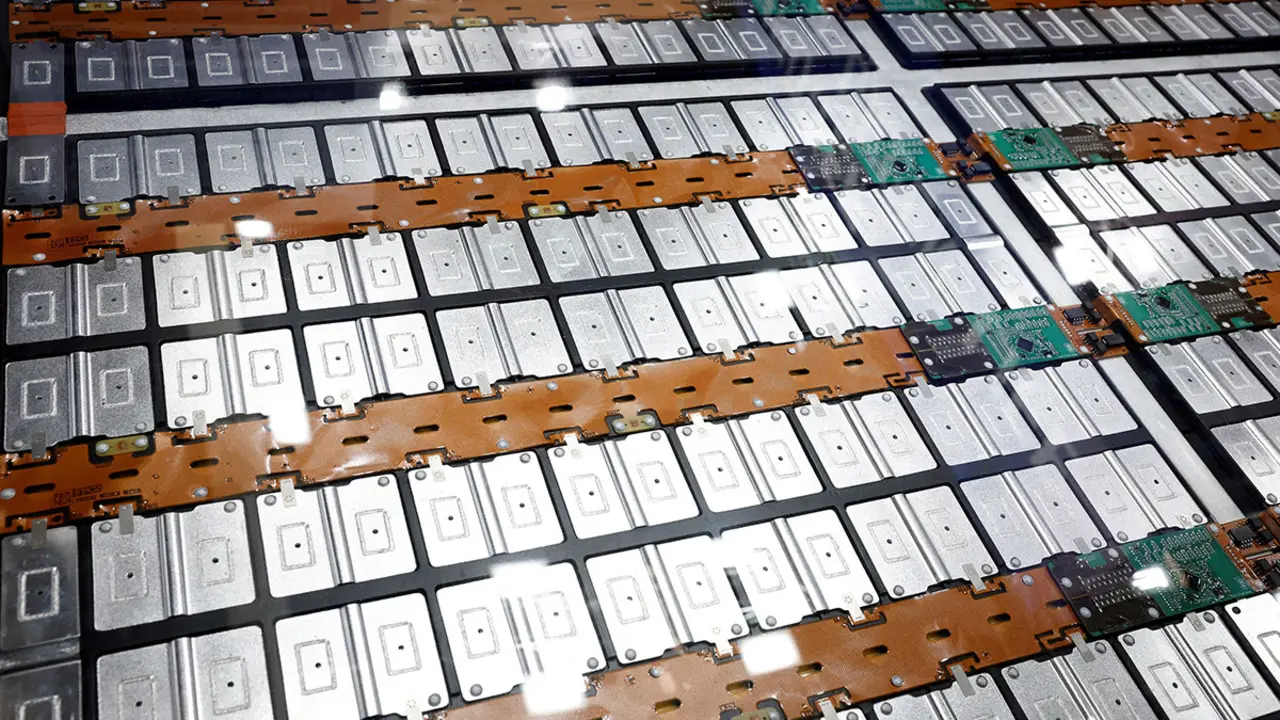Morocco's Africa 2063 Agenda values human capital and reinforces the continent's economic governance

Despite the bounty of Africa's geography and geology that make the continent one of the richest lands in terms of natural resources, Africa's most valuable resource remains the human being.
- Investing in education, higher education and vocational training
- Improving the supply of public and private social services
- Adopting a positive approach to African migratory movements and promoting the empowerment of young people and women
- The quest for good economic, financial and monetary governance in Africa
- Agenda 2063, Africa's great works
However, this resource remains drastically undervalued on a continental scale; by the ineffective education system and insufficient or inadequate training and accompaniment, the continent's most valuable resource remains the human being.
In Morocco, like investment in strategic infrastructures, the public authorities recognise that investing in people is a rational, relevant and wealth-creating economic option. This is shared by economic actors exploring sectors related to the development of human capital at both national and continental levels.
As a shared task between public authorities and economic operators, the valorisation of human capital involves three actions:
Investing in education, higher education and vocational training
Like many emerging countries, Morocco has experienced a boom in the private sector in recent decades. First in primary education, then in higher education and more recently in the vocational training segment, public schools in Morocco have multiplied.
Without competing with public education provision, this private provision of Moroccan schools and vocational training centres could be useful in other African countries and complement the services offered by public schools.
On the one hand, they would provide training in digital, automotive, mechanical, electrical engineering, textile and even hotel and catering trades. On the other hand, they would create local jobs (teachers, administrative and technical staff, etc.) and contribute to improving access to school and job training for young Africans.

Improving the supply of public and private social services
The second lever for enhancing human capital is based on the consolidation and development of social services (health, housing, access to drinking water and electricity), although the overall quality of these services depends on the political choices and budgetary orientations of governments in these sectors.
However, due to the limited capacity for public funding, models of cooperation between public authorities and private operators (public-private partnerships, etc.) are being developed to remove these obstacles and offer African populations quality, low-cost social services.
Another way to optimise investment in these sectors is to hand over responsibility for these social services to local authorities through proximity management contracts, benefiting from a shorter action-responsibility cycle and strong stakeholder involvement.
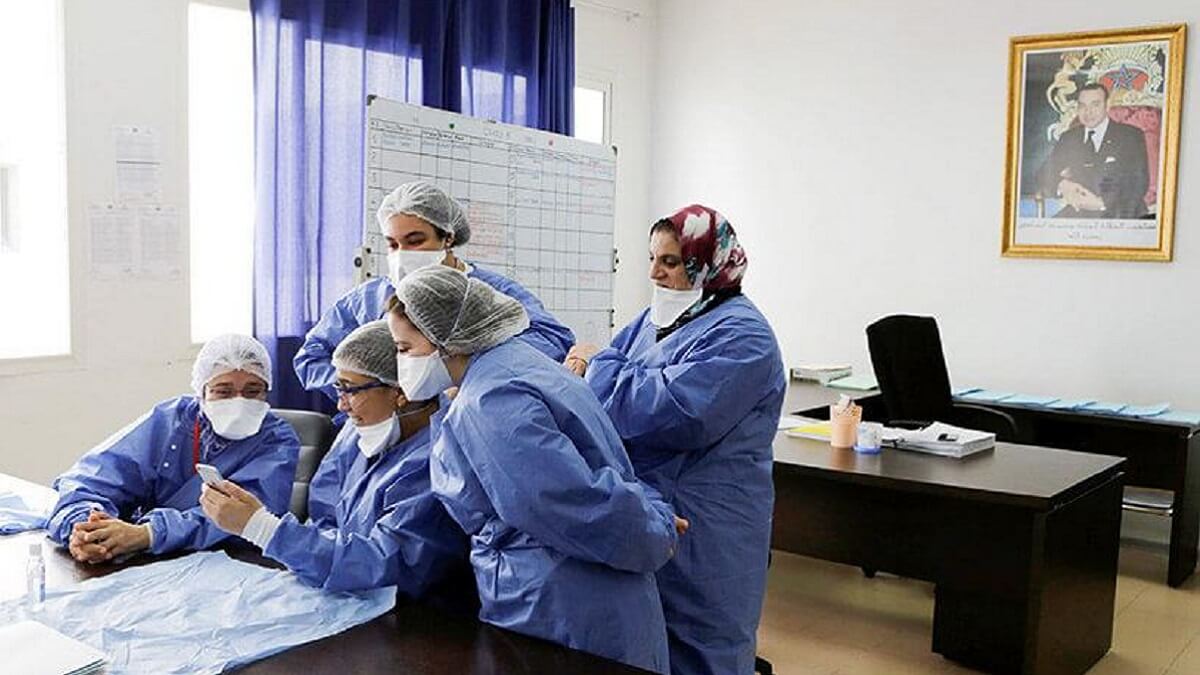
Adopting a positive approach to African migratory movements and promoting the empowerment of young people and women
While African migration flows remain largely intra-regional, with Africa being the destination of about 53% of African migrants, the benefits of this active circulation of human capital have not yet been fully cultivated.
Indeed, African migratory components constitute a not inconsiderable enrichment of national demographic fabrics. The positive integration of migrants not only injects new blood into the host country's universities and businesses.
Drawn from the migratory components, the cultural and social characteristics of other African communities progressively enable economic operators to forge and reinforce their African identity. This is an important competitive advantage for their deployment in the continent's 54 markets.
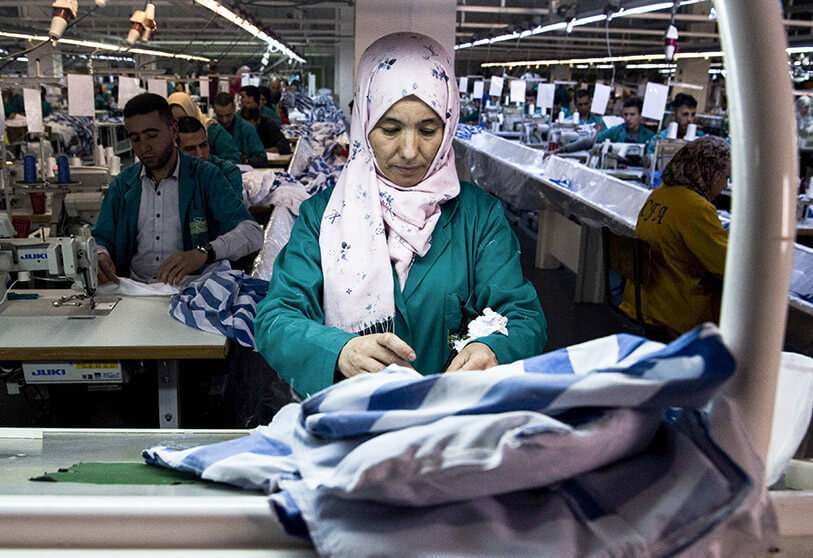
In this regard, while the Moroccan State has adopted a positive migration policy since 2013, the latter can be further strengthened by accelerating the continental appeal of Moroccan schools, universities and companies to welcome more African students, executives and entrepreneurs to the Territory.
This implies, in particular, increasing the number of scholarships granted to African students and opening up social rights and integration mechanisms to all residents of the Moroccan territory.
In the same vein, the emancipation and empowerment of African women and young people are a priority and two powerful driving forces for the continent's socio-economic development, through access to micro-credits or support mechanisms such as the "INTILAKA" programme, in order to transform the potential of these young people into GDP points.

The quest for good economic, financial and monetary governance in Africa
In concert with the other nations of the African Union, Morocco is working to lay the foundations of this regulatory and institutional framework for good economic, financial and monetary governance as a key element of Morocco's continental development strategy.
This governance is being consolidated by accelerating the creation of the pan-African financial institutions provided for in the Constitutive Act and set out in Agenda 2063, namely the African Monetary Fund (AMF), the African Investment Bank (AIB) and the African Central Bank (ACB).
- The African Monetary Fund: with a Protocol and Statute adopted in 2014, the AMF aims to strengthen the continent's economic integration by contributing to the definition of regional macroeconomic objectives in its lending policies. With an initial target date of 2023, this milestone now seems unattainable given the modest progress made on the ground.
- The African Investment Bank: with statutes voted in 2009, the AIB is the financial institution in charge of accelerating the continent's economic growth and promoting its public and private investments in the strategic projects of the different AU member countries. Given that the deadline for its creation is set at 2025 in Agenda 2063, the latter also seems difficult to respect.
- The African Central Bank: the body in charge of elaborating the continent's monetary policy and issuing a single African currency, its creation is hardly progressing due to the difficulties of convergence towards common macroeconomic criteria. Moreover, few African countries seem to meet the initial agreed criteria. Initially planned between 2028 and 2034, the creation of the ACB should not come to fruition until 2045.
Despite delays in the implementation of these strategic projects for the continent, the African Union was reactivated in 2019 to accelerate the process of creating its economic institutions. For its part, Morocco is actively contributing in the areas of finance, monetary affairs, economic planning and integration.
To strengthen economic, financial and monetary governance, other initiatives such as the African Economic Governance Strategy developed by the African Development Bank should be encouraged in order to consolidate the institutions, processes and regulatory frameworks of African countries.
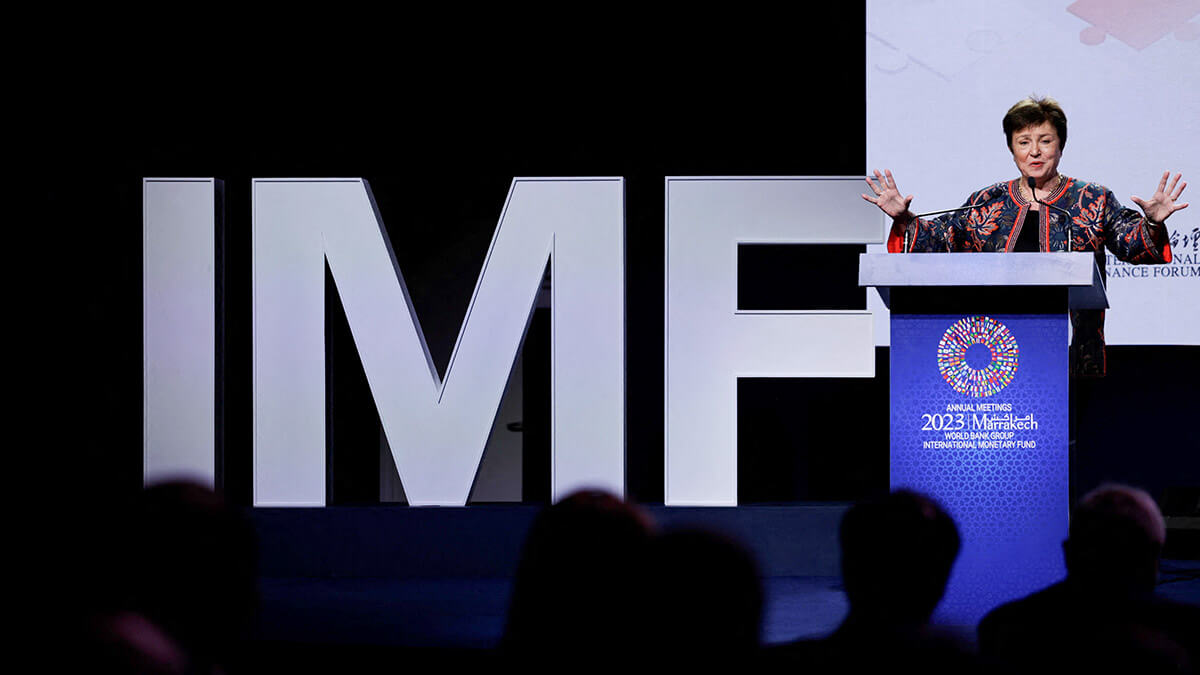
Agenda 2063, Africa's great works
Agenda 2063, adopted by African Heads of State in 2013 on the occasion of the celebration of the 50th anniversary of the creation of the AU, constitutes the strategic roadmap of the African continent that structures its ambition for progress, development and prosperity.
The Agenda works on a range of flagship projects that would enable it to achieve its ambition; namely:
- Integrated high-speed rail network
- The formulation of an African commodity strategy.
- Establishment of the African Continental Free Trade Area (ZLECAF)
- African passport and free movement of people
- Silencing the guns by 2020
- Implementation of the GRAND INGA dam project
- Establishment of a Single African Air Transport Market (SAATM)
- Establishment of an African Economic Forum
- Establishment of African financial institutions
- Pan-African online services network
- African space strategy for outer space
- African Virtual and Online University
- Cybersecurity
- Large African museum

